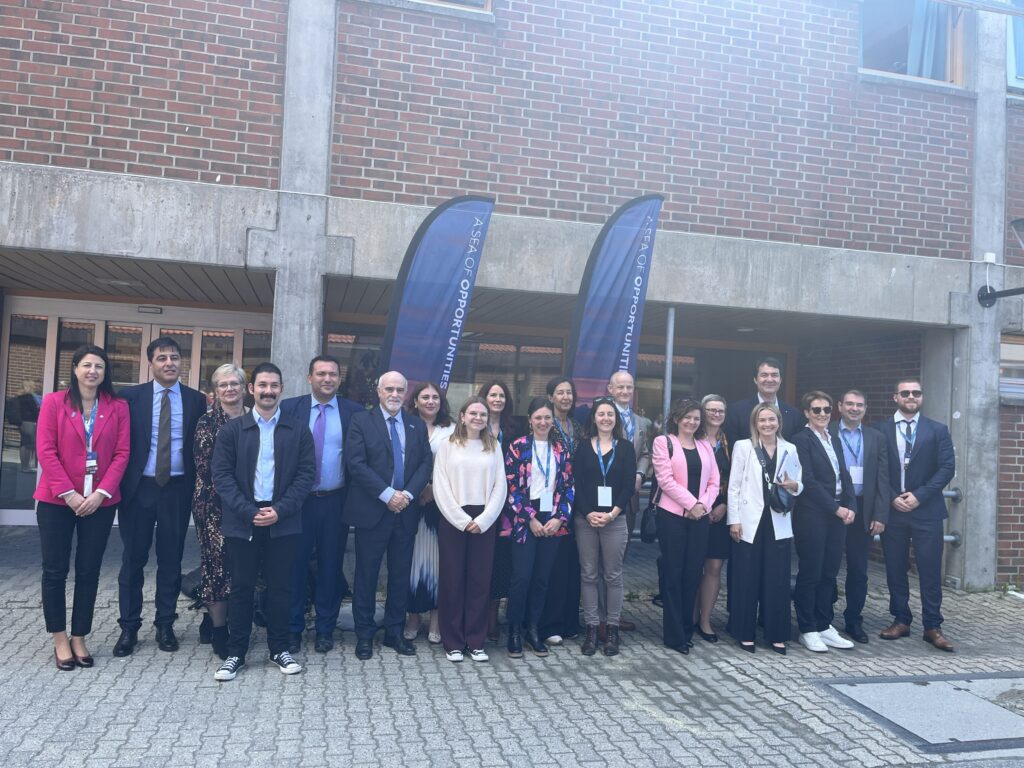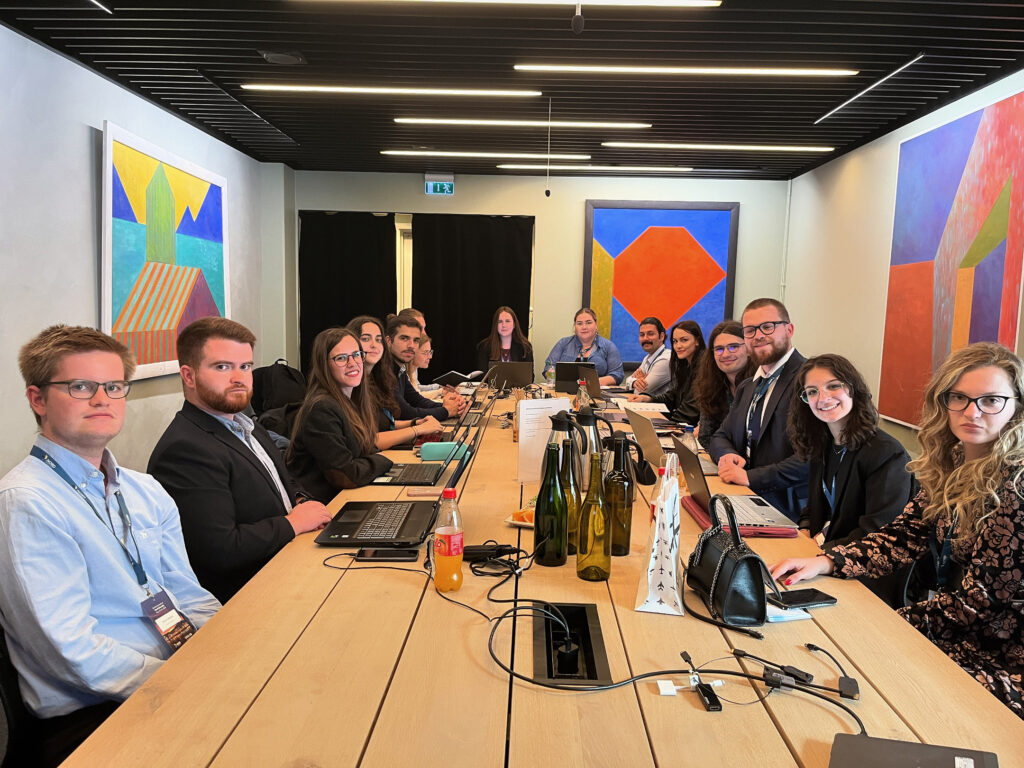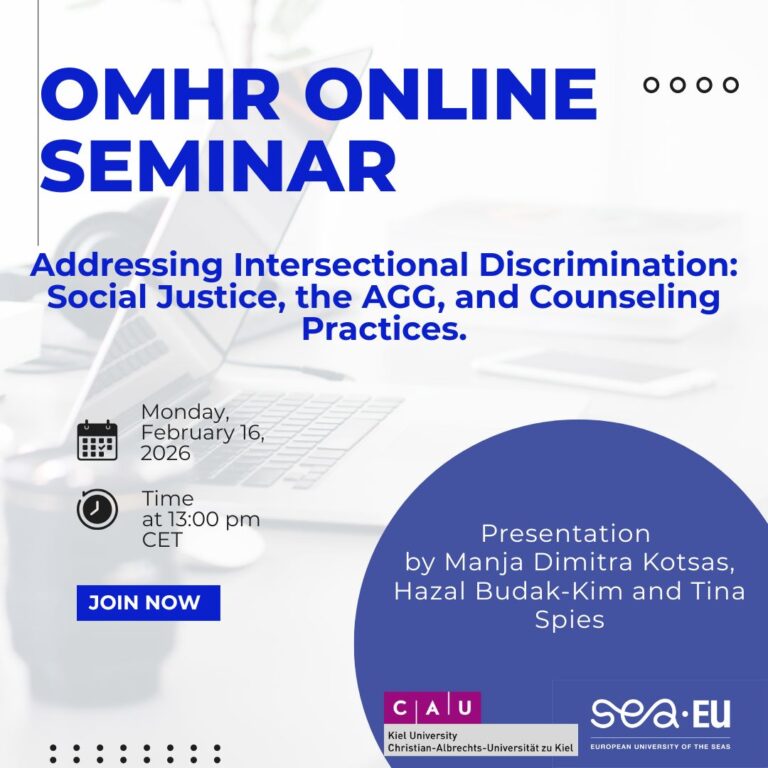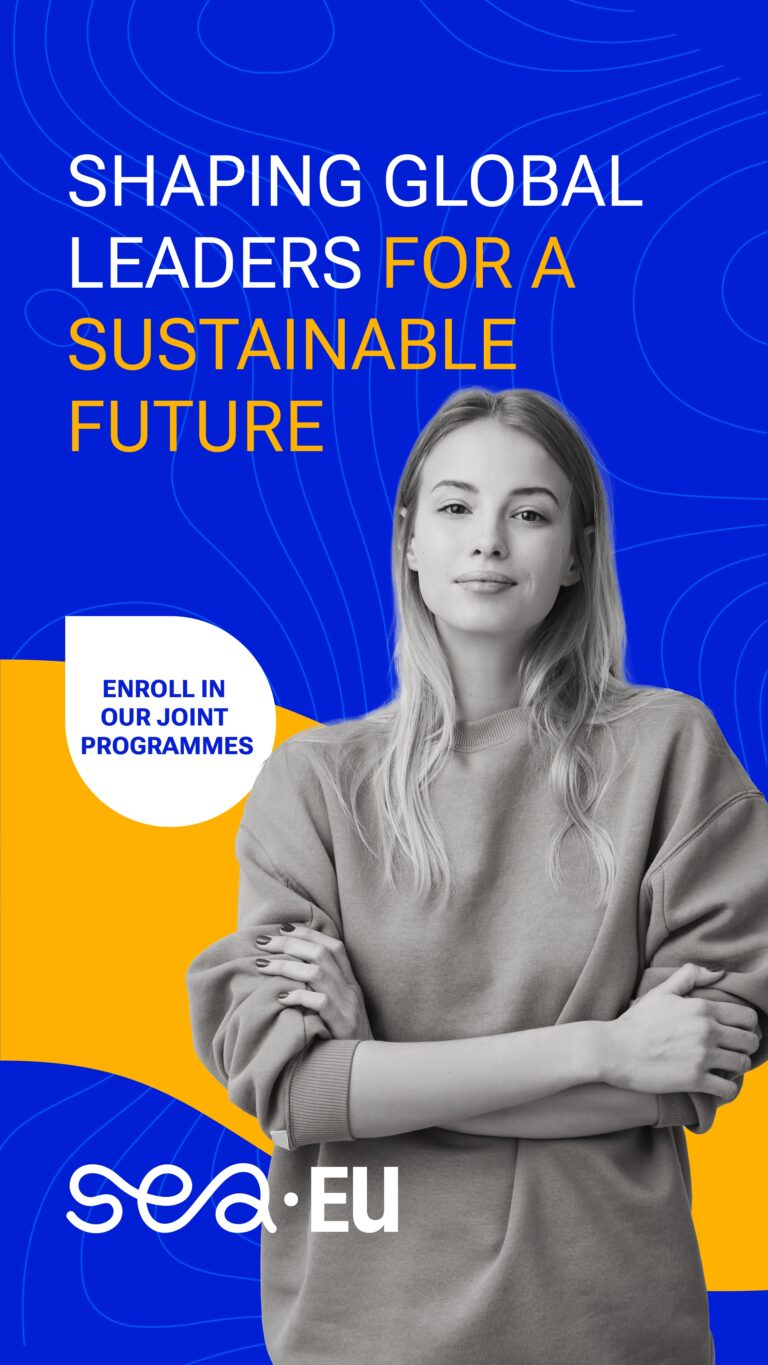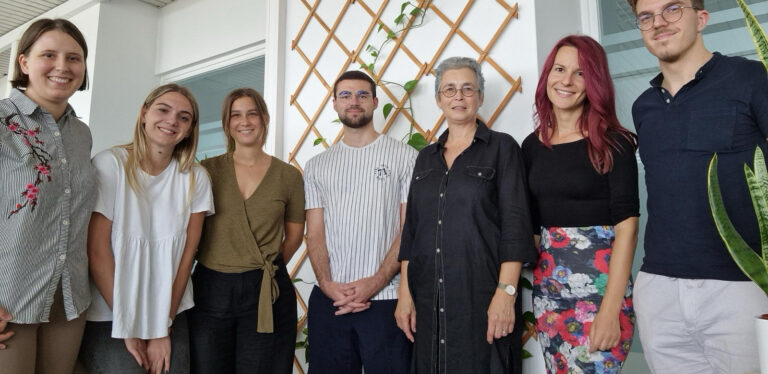The second day of the SEA-EU Governing Week saw a productive gathering of the Executive Committee, addressing key updates and future plans for the alliance.
The session commenced with a brief review of recent activities by Fidel Echevarría, who provided an insightful overview of the latest developments within SEA-EU. This was followed by Laura Howard’s presentation on the current state of the proposal for the Microcredentials call, outlining significant progress and upcoming steps.
Alan Deidun shared important information about the forthcoming SEA-EU Conference in Malta, while Anna Jurkowska discussed details of the second Oceanographic Campaign.
Feedback from yesterday’s Technical Working Group meeting was delivered by Juan Ramon Real, emphasizing critical insights and recommendations. The committee also engaged in interactive activities focusing on mobility and the potential creation of a joint research office, fostering lively discussions and collaboration.
A significant portion of the meeting was dedicated to conversations about the role of associated and external partners, exploring strategies to enhance their involvement and contributions to SEA-EU’s mission.
The meeting ended with the presentation by Irene de Andres on the newly upgraded SEA-EU website. The updated site now features a personalized browser tool for opportunities, courses, internships, and more, with an improved structure and menu that ensures all information is accessible, significantly enhancing user experience.
Following a productive morning, the afternoon of the second day of SEA-EU Governing Week continued with a series of concurrent meetings held in the city center, each focusing on different facets of the alliance’s operations.
The Ports and Cities Councils convened to discuss the integration and collaboration between SEA-EU’s coastal cities and ports, aiming to enhance connectivity and sustainable practices across the network.
Simultaneously, the Student Council gathered to deliberate on student-related initiatives, focusing on improving student mobility, engagement, and participation in SEA-EU activities. This meeting was instrumental in ensuring that student voices and perspectives are integrated into the alliance’s decision-making processes.
In parallel, the Rectors’ Meeting brought together the leaders of SEA-EU’s member universities to discuss strategic priorities, institutional partnerships, and future directions for the alliance. This high-level discussion underscored the commitment of the member institutions to foster innovation and excellence in higher education.
After these dynamic sessions, participants were treated to a visit to Bodø municipality, providing an opportunity to engage with local governance and explore potential areas of collaboration between SEA-EU and the host city’s administrative bodies.
